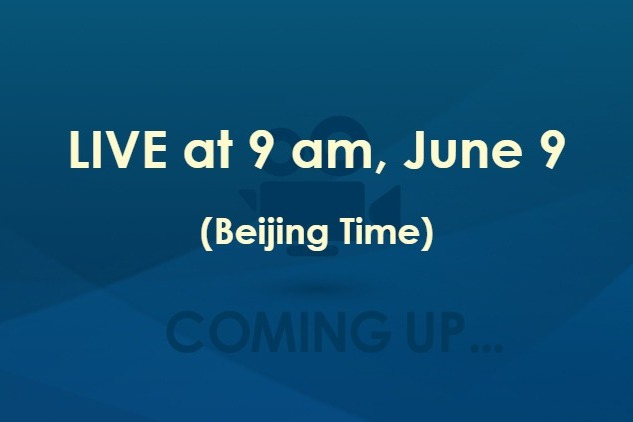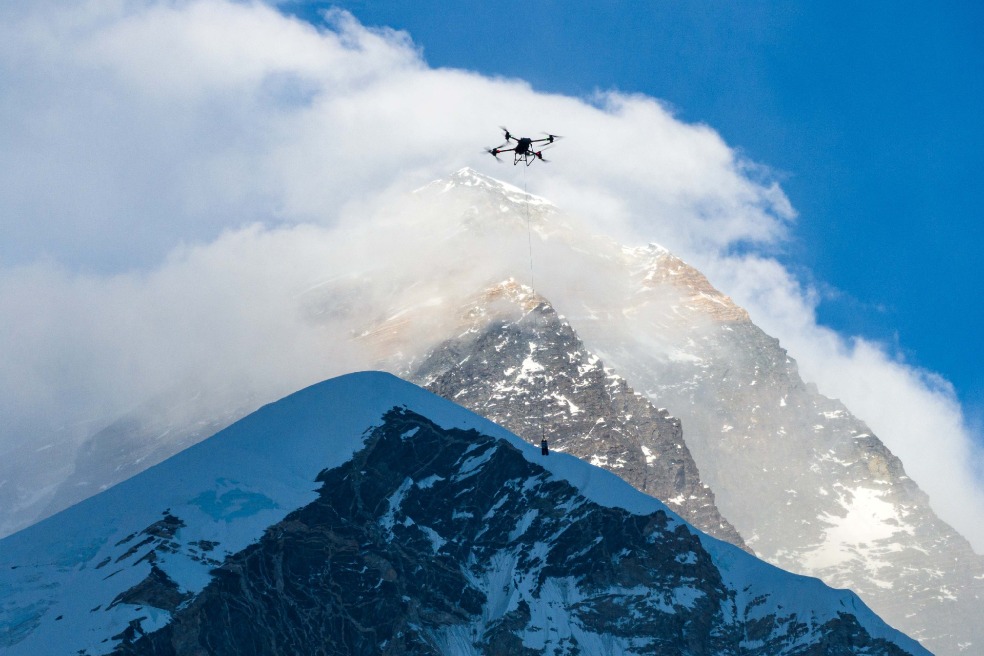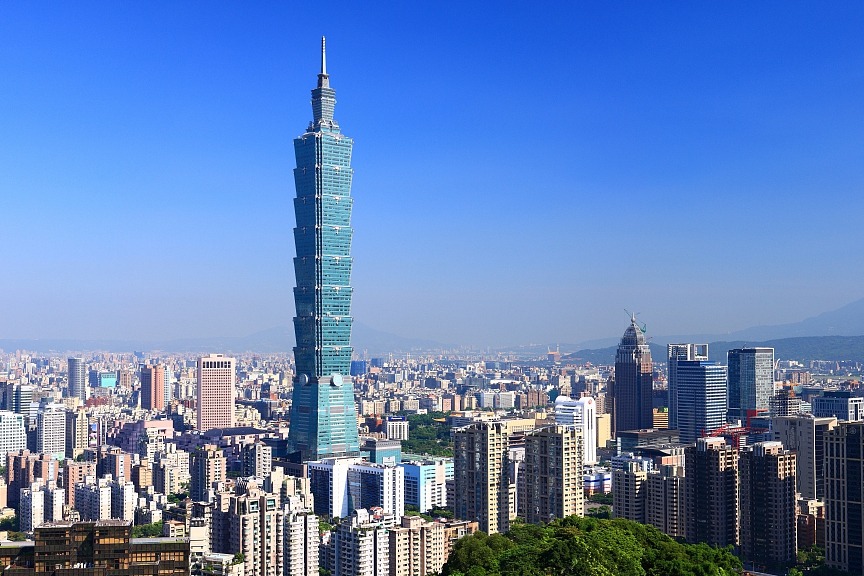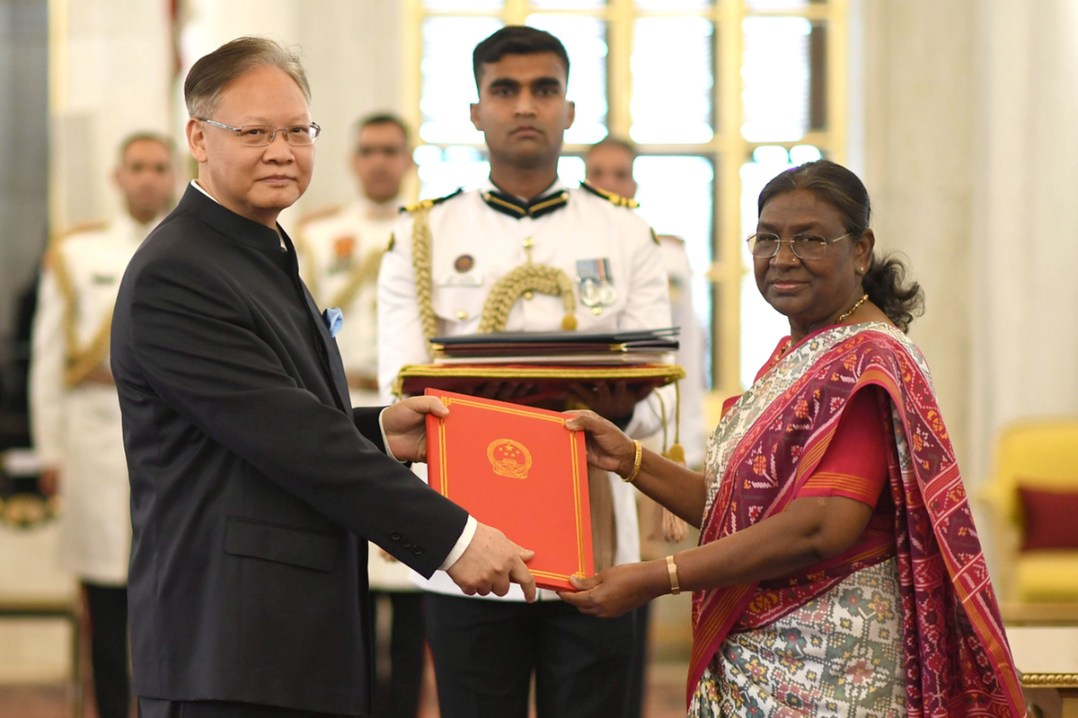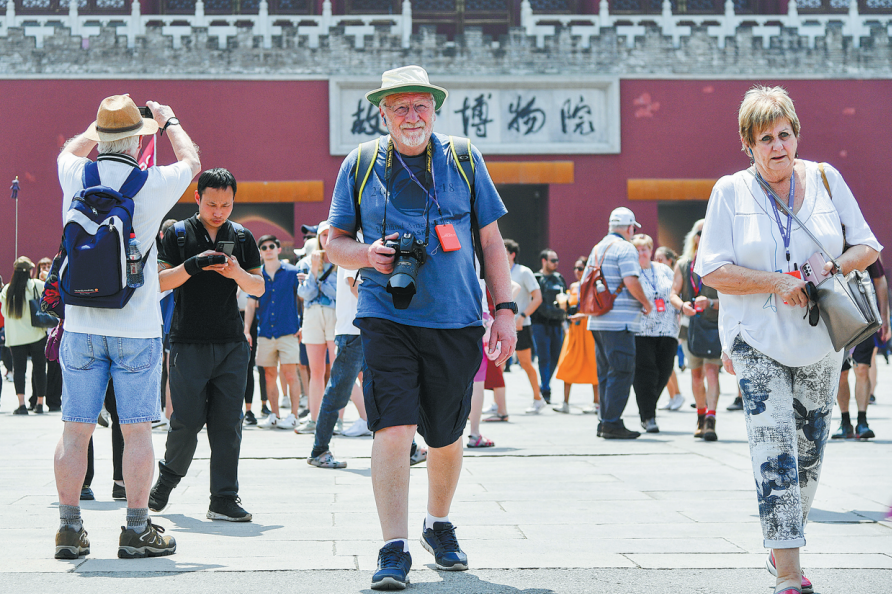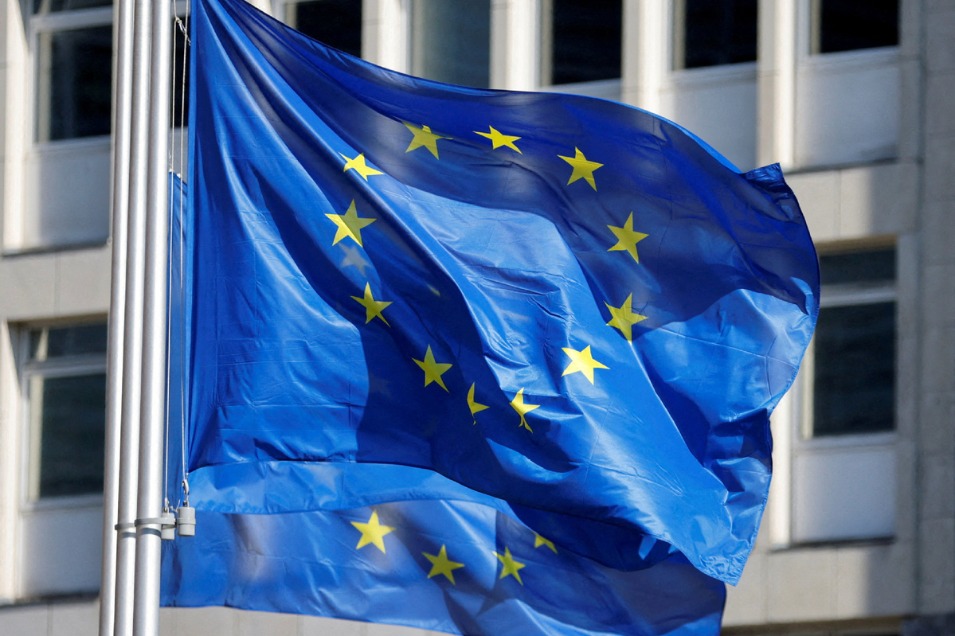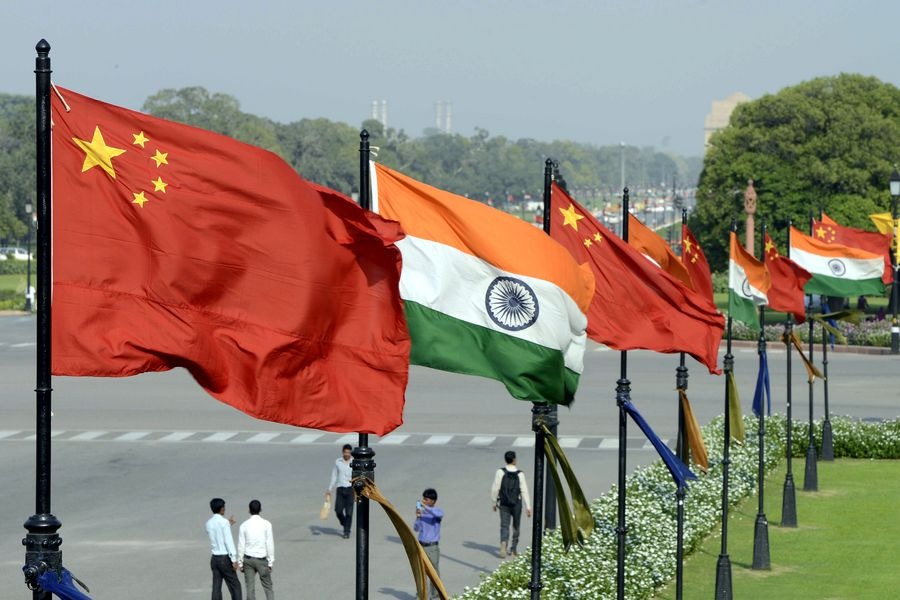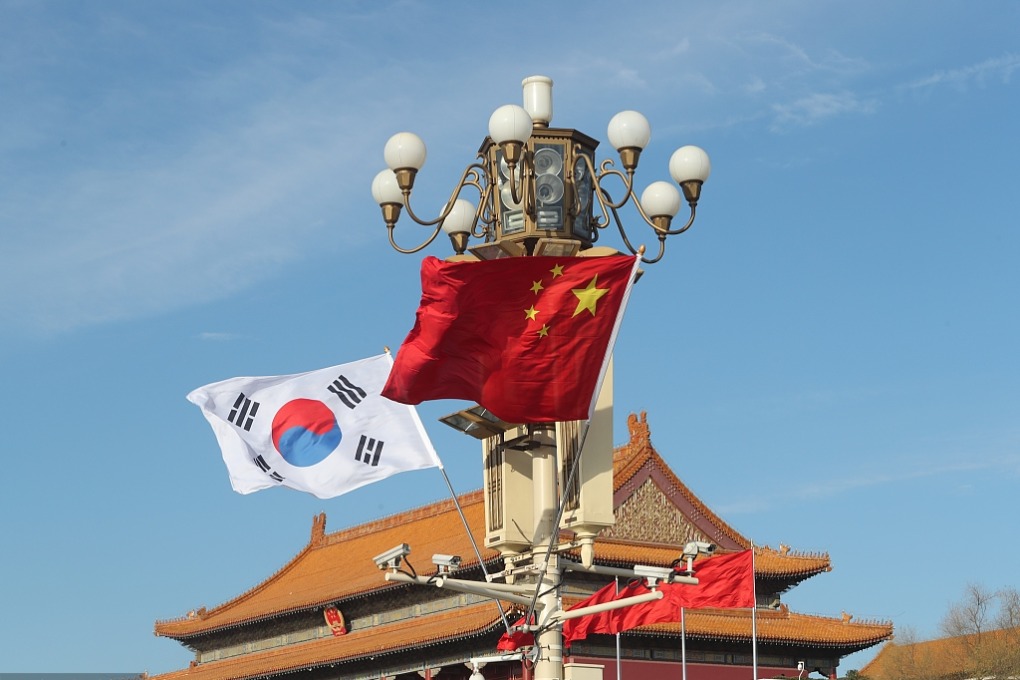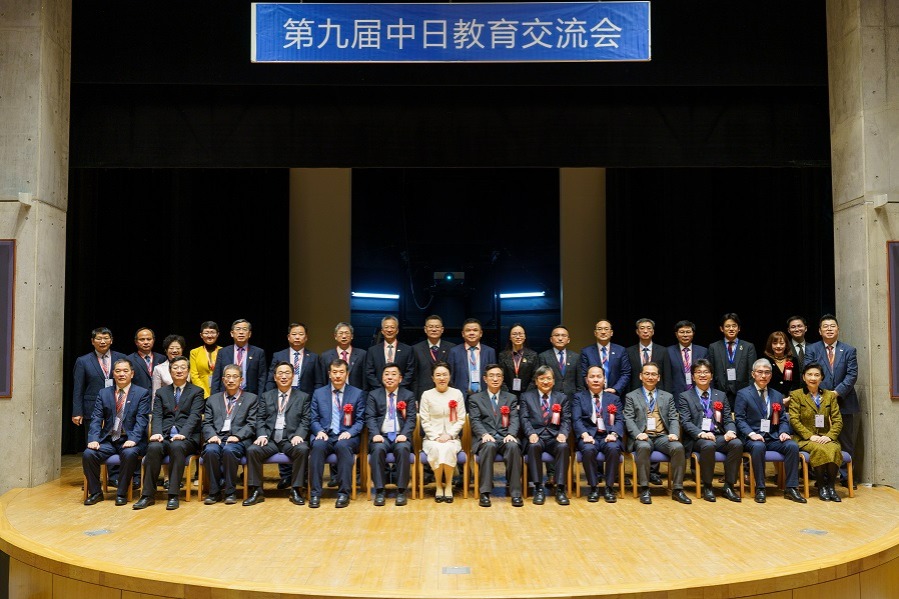Global Museums Initiative celebrates creativity at Tianjin Dialogue


Over 40 distinguished speakers from 10 countries underlined the transformative power of creativity in the global context at the China-Europe-America Museums Cooperation Initiative’s fourth dialogue held at the Tianjin Museum on Wednesday and Thursday.
The dialogue — featuring sessions on museums as catalysts for creativity, as educational platforms and as bridges between civilizations — was organized jointly by the Academy of Contemporary China and World Studies and the Tianjin Museum, with Nankai University as its academic partner.
David Gosset, founder of the China-Europe-America Global Initiative, opened the dialogue by underscoring the necessity of fostering dialogue and finding common ground in an interconnected world. Reflecting on the initiative’s mission, Gosset said, “It is essential to convene, share ideas, and find common ground. Recognizing this necessity, we established the China-Europe-America Global Initiative in 2021, acknowledging the risks of decoupling. Only by constructing bridges can we cultivate trust, enabling humanity to become more conscious of itself and its collective destiny."
Gosset emphasized that this year's focus was on creativity, describing it as a unifying and progressive force. “Creativity, to me, is a force of construction amid the chaos. While destruction may come easily, and by itself, the act of creation requires resilience and vision," he said. "Whether it's the crafting of beauty, innovation in science and technology, or the transformation of societal norms, creators share a common goal: to defy the passage of time."
Participants delved into various dimensions of creativity, from its expression in art and culture to its application in scientific and technological innovation. The exchange of ideas and experiences were aimed at deepening mutual appreciation and inspiring new avenues for international collaboration.
Deborah Lehr, chairman and founder of the Antiquities Coalition, highlighted the role of museums in shaping individual and collective identities. "Museums help us understand who we are, who we've been, and who we may become," Lehr said. "As stewards of culture, museums have a unique ability to harness creativity and a responsibility to safeguard our shared heritage from threats."
Irina Bokova, director-general of UNESCO from 2009 to 2017, emphasized the transformative potential of museums. "Museums provide a unique environment where people of all ages can explore new ideas, encounter different perspectives, and engage in critical thinking," Bokova said. She noted China's significant growth in the museum sector, from just 25 museums in 1949 to over 5,000 today, highlighting their role in urban development and social inclusion.
Yu Yunquan, vice president of China International Communications Group, spoke on the educational and cultural exchange functions of museums. Incidentally, the theme of this year's International Museum Day, which fell on May 18, is Museums for Education and Research. "Mr. Gosset and we share the same goal: to enhance the educational experience and inspire audiences' imagination of history and creativity for the future through museum exchanges," Yu said.
His Excellency Mr. Hussam Al Husseini, ambassador of the Hashemite Kingdom of Jordan in Beijing, addressed the importance of museums as unifying spaces. He advocated for the integration of digital technologies, AI, and virtual reality to make museums more accessible and integral to daily life. Highlighting the recent destruction of Palestinian museums in Gaza, Al Husseini called for solidarity and efforts to protect these cultural treasures.
The China-Europe-America Museums Cooperation Initiative continues to foster international collaboration, emphasizing the crucial role of creativity and cultural exchange in building a more interconnected and understanding world.
















